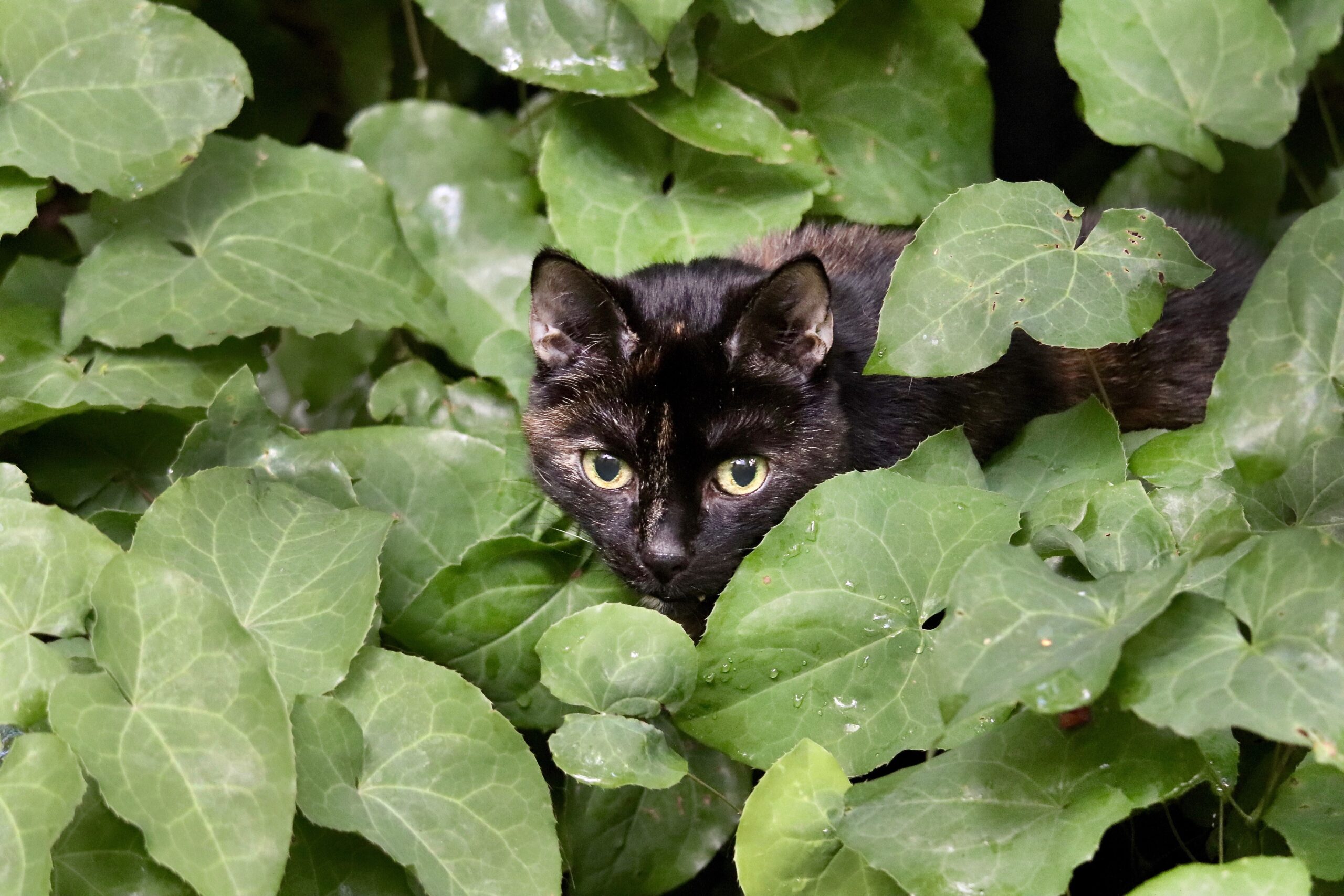Healthy Pet column
It’s summer! It’s warm out, gardens are planted and vacations are planned. In Winnipeg, this season is so short and fleeting that we need to take advantage. Our furry companions also often love the heat. From following the rays of sunshine around the house to camping and exploring, they also feel the change in the seasons.
When it comes to the outdoors, the way that we treat our cats and our dogs is often extremely different. While dogs are usually behind a fence or on leash, with their stool (hopefully) responsibly picked up and things they ingest being much more controlled, the idea of allowing our cats to be left to their own devices is much more commonplace - most of us can probably think of at least one neighbor who allows their cat to roam and wander, hunt, and even urinate and defecate anywhere in the neighborhood as they please.
The Position Statement of the American Association of Feline Practitioners does not take a simple stand on this issue, focusing instead on striving for a situation where a cat’s innate needs can be met. It acknowledges that there is no simple answer to the indoor vs outdoor cat argument. Avoiding boredom, increasing exercise, stimulation and normal hunting/feeding behaviors, all result in fewer behavioral problems - which in turn result in fewer relinquishments and euthanasias.
That being said, there are many factors to consider with one’s own cat. Let us first remember that there are city bylaws against allowing our animals to roam, as well as potential fines - a single reported incident can result in a $200 fine. If they are caught without a licence, injure a person or another animal, or damage property, there are additional fines ranging from $200-350.
Then there is the question of longevity - the average lifespan of an outdoor cat is significantly shorter than that of an indoor cat. Injuries are much more common- from cat fights to broken nails to orthopedic injuries. Acute toxicities are a constant risk. Infectious diseases and parasites are rampant in outdoor environments and our outdoor cats are at increased risk of exposure to mites, fleas, feline leukemia virus and even vector-diseases such as heartworm and mycoplasma. Since they are using your neighbour’s flower beds as a litter box, things like chronic diarrhea or blood in the urine can be missed for extended periods - not to mention the resentment you are creating in those caring for those flower beds. In addition, controlling caloric intake for those more rotund animals is extremely difficult.
In general, considering solely the infectious diseases aspect, if there is an immuno-compromised individual in a household, keeping cats indoors is a standard recommendation. Nevertheless, spending time outdoors has become an integral part of many cats’ lifestyle, and there are certain things that can be done to help protect them, at least when it comes to disease. Talk to your veterinarian about keeping vaccinations up to date, using parasite protection and regular deworming.
On the flip side, there are lots of wonderful ways to safely allow our felines to safely enjoy the outdoors, limiting dangers and providing more stimulation and an increased potential for normal feline behaviors. Many learn to enjoy and appreciate their harnesses and leashes. Outdoor cat condos and catios have increased in popularity over the years, and invisible fences around a property are options as well. Sometimes it’s a simple as a hammock in a window that catches the sun, or moving a climbing tree’s location.
In the end, however you choose to enrich your cat’s lives, may they live long, happy and healthy
Until next time fellow paw print loving friends!
Silver Heights Veterinary Hospital is proud to serve the Winnipeg region, and is located on Ness Avenue in St. James. Contact them at 204-504-5600 or visit their website at silverheightsvethospital.ca


